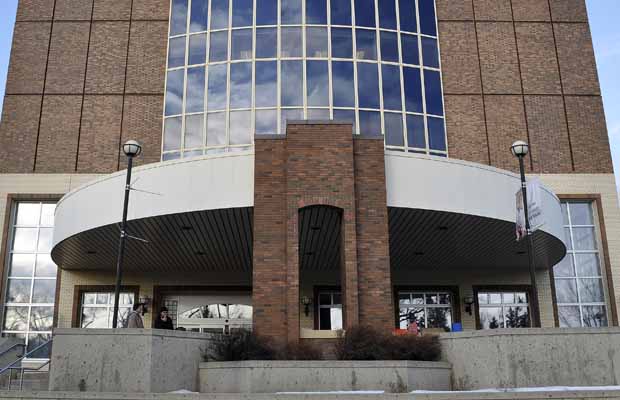EDMONTON – A medical technology invented at Edmonton’s Cross Cancer Institute is set to revolutionize treatment of cancer around the world by better targeting solid tumours and allowing people with abdominal cancer access to radiation.

Medical physicist Dr. Gino Fallone and his team received $6 million from the federal and provincial governments, industry partners and donors Wednesday to further develop a new machine that gives doctors real-time video images during treatment so they can precisely pinpoint tumours and blast the cancer cells and not the healthy ones with radiation.
“I thought that was for many years impossible to do,” said Fallone, who found a way to merge a standard MRI machine with a linear accelerator to create a new radiation treatment machine that is expected to change cancer treatment in the future. Until now, radiation oncologists have had to rely on single snapshots of the tumour and then hope to accurately hit the cancer with radiation. That’s difficult when patients breath and shift during treatment. Those with gastrointestinal tumours in their spleen, kidney or pancreas haven’t been eligible for radiation treatment because of that movement and the challenge of being able to see the moving target.

Get breaking National news
For news impacting Canada and around the world, sign up for breaking news alerts delivered directly to you when they happen.
By providing your email address, you have read and agree to Global News' Terms and Conditions and Privacy Policy.
Fallone’s invention will open that treatment possibility.
“Now we get this beautiful, soft-tissue video image of the tumour and then we follow the tumour,” he said. “We see it as we are treating it. … With this technology, we hope to give the patient radiation as an option of treatment, not palliative care.”
With $2.5 million from Western Economic Diversification Canada, $2.15 million from the Alberta Cancer Foundation, $250,000 from Alberta’s health ministry and another $1.1 million from global industry partners, Fallone’s team will purchase a new MRI machine, then retrofit it with a linear accelerator at the Cross Cancer Institute to create a full-body prototype to test the technology. Clinical trials should start in about three years, with the machine expected to hit the market around the world afterwards.
“This is for the world,” said Alberta Health Minister Gene Zwozdesky.
“It’s hard to overstate the impact of this technology,” said Federal Health Minister Leona Aglukkaq. “This device is a technology breakthrough.”







Comments